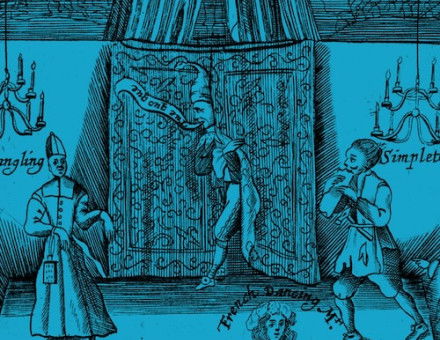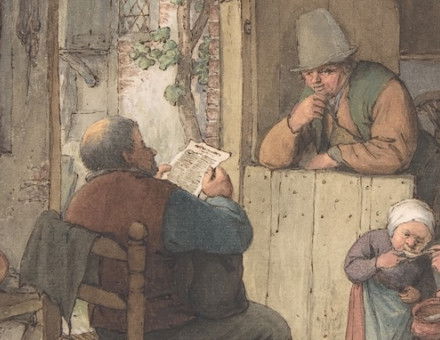Bringing Down the Curtain on the Touring Theatre
For most of the late 16th and early 17th century, theatre companies touring England were welcomed in provincial towns. But as tastes changed, players found themselves take second billing to moral concerns.











